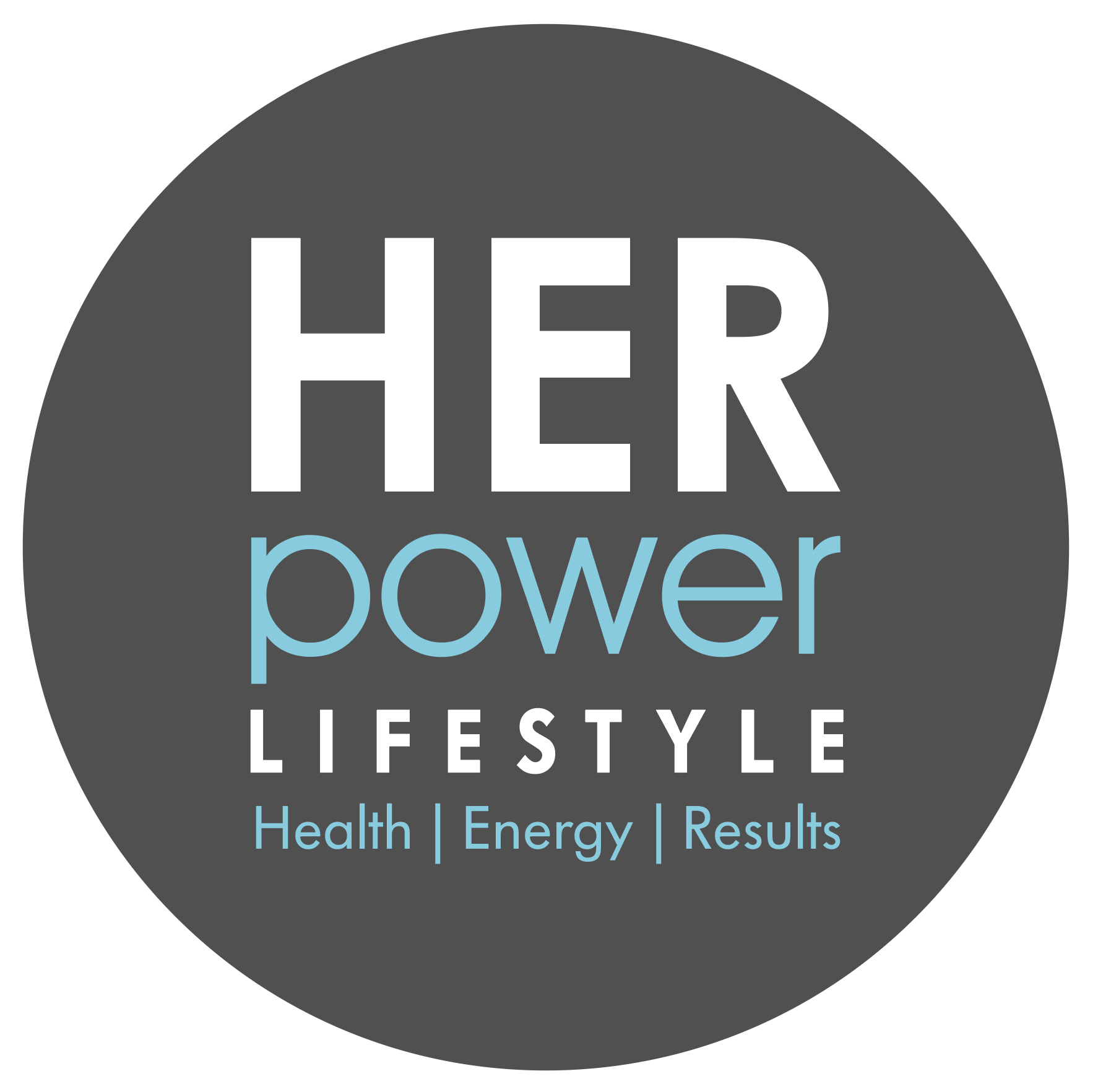The Power of Protein
When someone comes to me for looking for a fitness and nutrition program, one of the first things I do is ask them to write down a typical day or week of eating. This immediately allows me to see their current habits and where we need to make changes.
I see one recurring theme with 99% of clients, especially women.
They don’t eat enough protein!
Now, I’m not saying that they have to go all Fred Flintstone and eat only protein, but increasing intake has numerous benefits.
Trying to lose weight??
Protein is needed to build lean muscle. The more lean muscle you have, you the stonger you will be and you will look more toned.
Lean muscle keeps your metabolism humming and consuming protein at each meal will help you feel full longer as it takes more time to digest and metabolize.
However, the benefits of protein are much deeper than weight management.
When you consume protein and your body breaks it down through digestion, the result is amino acids which are vital to your health.
Amino acids in the form of proteins make up the greatest portion of our body weight next to water. Amino acids are essential to every metabolic process such as the transport and storage of water, protein, carbs, fat, vitamins and minerals.
Our organs, skin, ligaments, muscles, hair and nails rely on them. We need them for tissue repair and wound healing and for creating antibodies to fight bacteria and viruses.
A deficiency can create a metabolic disturbance which leads to health problems such as high blood pressure, diabetes, arthirits, heart attacks, & strokes.
They are the building blocks of our body!
There are two categories of amino acids, non essential, which can be manufactured by your body, and essential which cannot and must be obtained through diet.
Those who eat a well-rounded diet, have to ensure they are eating complete proteins which contain the 9 essential amino acids.
Complete proteins include meat, fish, eggs, most dairy products, and soybeans.
Fruits, vegetables, and whole grains are incomplete proteins. However, they can be combined to make a complete protein meal.
Stick to lean cuts of meat or skinless white chicken or turkey, seafood and low-fat dairy. Some cuts of meat contain high amounts of saturated fat so limit their consumption.
Try consuming 0.5 grams and 1.0 grams of protein per pound of your body weight. If you are very active, stay on the higher end. If you are trying to lose weight, stay on the lower end. If you are trying to lose weight and increasing your activity, stick to the middle range.
One more tip, consuming at least 30 grams at breakfast will help rev up your metabolism and regulate your appetite so you are less likely to overeat during the day.
.
